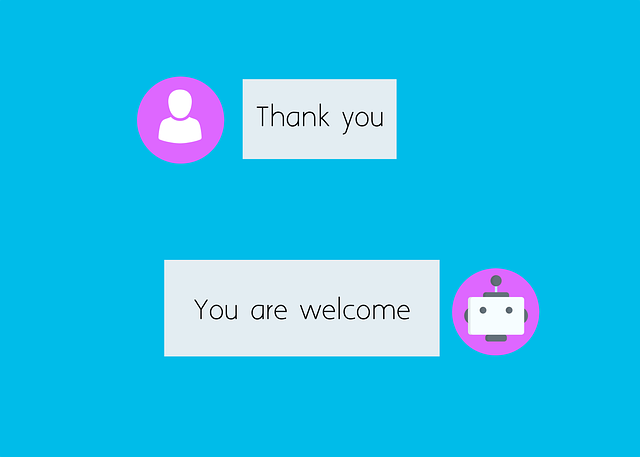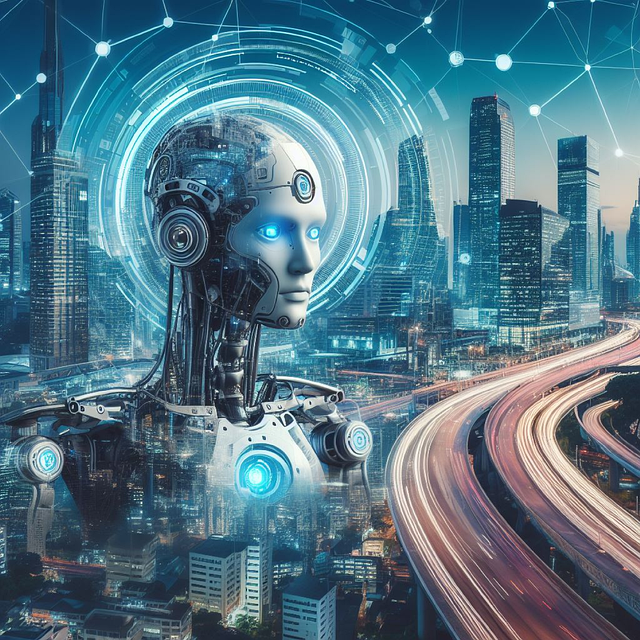AI chatbots and assistants have become essential for delivering personalized user experiences across various industries. Utilizing machine learning algorithms, these intelligent systems learn from user interactions to predict and fulfill needs, offering tailored responses and recommendations based on behavior patterns and preferences. By providing 24/7 availability, immediate assistance, and contextually relevant information, AI-driven customer service strategies enhance satisfaction, foster meaningful connections, and improve retention rates, positioning AI as a revolutionary game-changer in the market.
In today’s digital age, Artificial Intelligence (AI) personalization is transforming user experiences. AI chatbots and assistants, powered by sophisticated machine learning algorithms, have become the core of tailored interactions. This article explores how these technologies learn from and adapt to individual user behaviors, revolutionizing customer service. We delve into effective strategies that enhance user satisfaction, from personalized product recommendations to context-aware conversations, highlighting the profound impact of AI on modern customer engagement.
- Understanding AI Chatbots and Assistants: The Core of Personalization
- How AI Learns and Adapts to User Behavior
- Enhancing Customer Service with AI-Driven Personalization Strategies
Understanding AI Chatbots and Assistants: The Core of Personalization

AI chatbots and assistants have become integral to personalized user experiences in today’s digital era. These intelligent systems utilize sophisticated algorithms and machine learning techniques to adapt to individual user behaviors, preferences, and communication styles. By analyzing vast amounts of data, they learn from user interactions, enabling them to provide tailored responses and recommendations that feel uniquely suited to each customer.
At the core of this personalization is the ability of AI chatbots and assistants to offer 24/7 availability, immediate assistance, and consistent, contextually relevant information. They can anticipate user needs, remember past conversations, and continuously evolve their understanding based on new interactions, creating a seamless and engaging experience for customers interacting with them through text or voice commands. This level of personalization not only enhances customer satisfaction but also drives effective AI-powered customer service strategies in various industries.
How AI Learns and Adapts to User Behavior

Artificial Intelligence (AI) chatbots and assistants learn from user interactions, much like how a student absorbs knowledge from lessons and feedback. They use advanced algorithms to analyze patterns in user behavior, preferences, and queries. Over time, these systems can predict user needs, offering tailored responses and recommendations. For instance, an AI customer service agent can remember a user’s previous inquiries, understand their context, and provide relevant solutions faster.
This adaptability is achieved through machine learning techniques, where the AI model improves its performance by adjusting to new data. When a user interacts with the chatbot or assistant, the system evaluates the input, updates its internal models, and optimizes future responses accordingly. This continuous learning process ensures that the AI remains effective in assisting users over an extended period, making interactions more efficient and personalized.
Enhancing Customer Service with AI-Driven Personalization Strategies

In today’s digital era, AI chatbots and assistants are revolutionizing customer service by offering personalized experiences. These intelligent agents can learn from user behavior, adapt to individual preferences, and provide tailored responses, enhancing customer satisfaction. By analyzing interaction patterns, historical data, and real-time feedback, AI algorithms power dynamic interactions that feel natural and intuitive.
AI-driven personalization strategies enable businesses to offer more than just static product recommendations. They foster meaningful connections by anticipating user needs, offering contextually relevant support, and creating a sense of individualized attention. This level of customization not only improves customer retention but also encourages repeat business, positioning AI customer service as a game-changer in the competitive marketplace.
